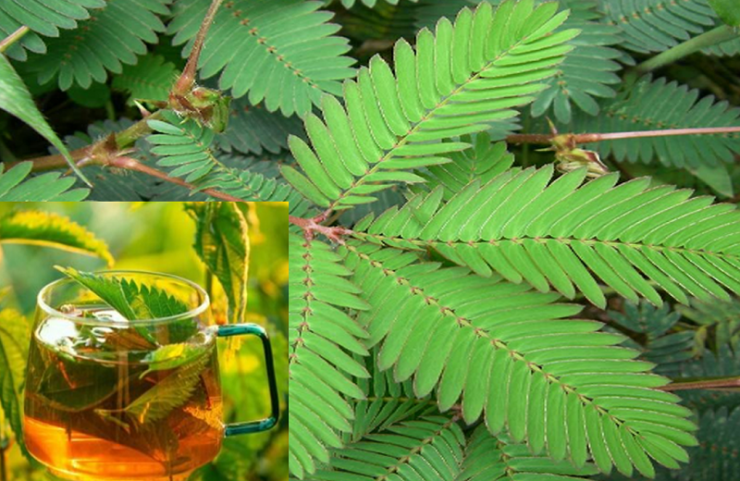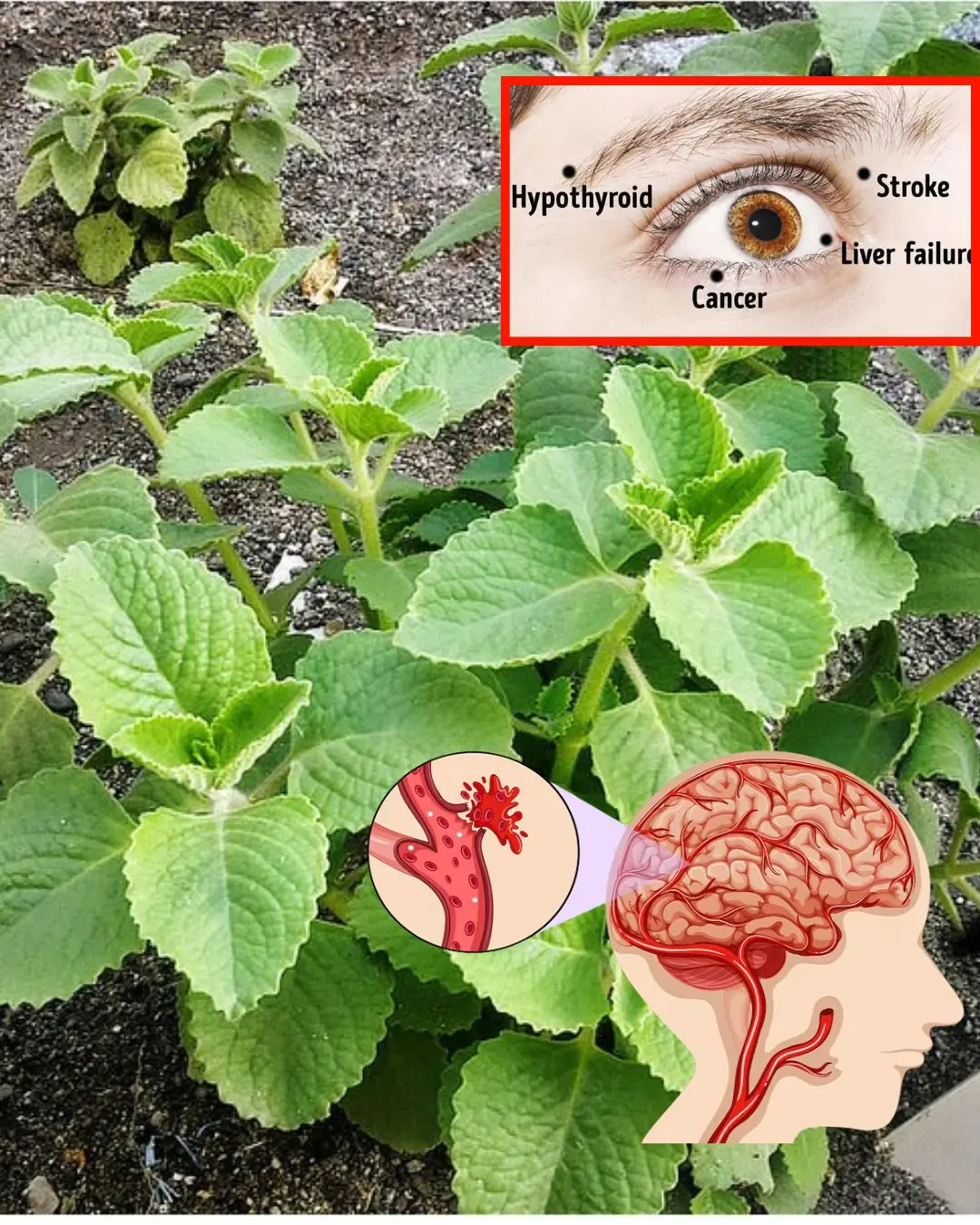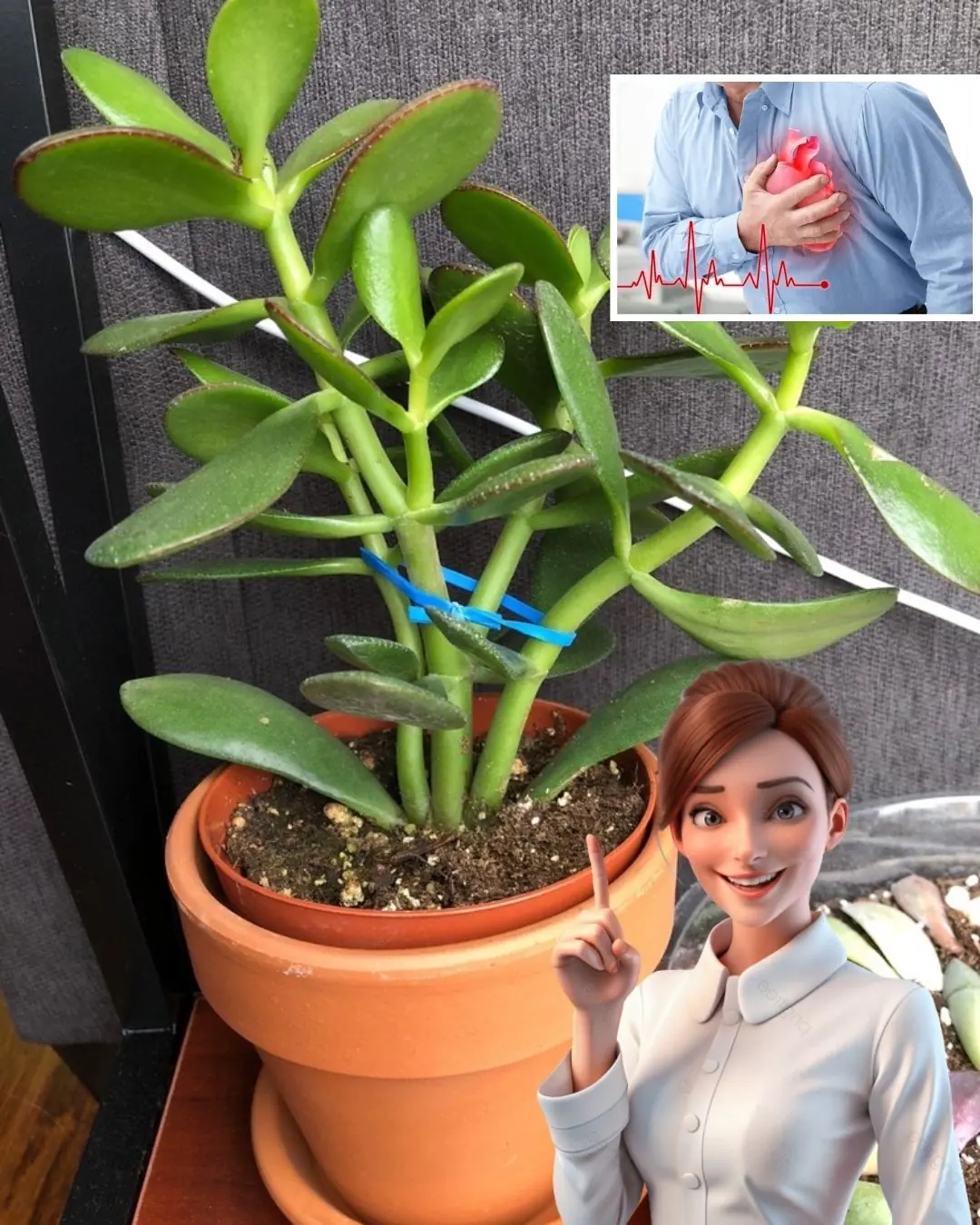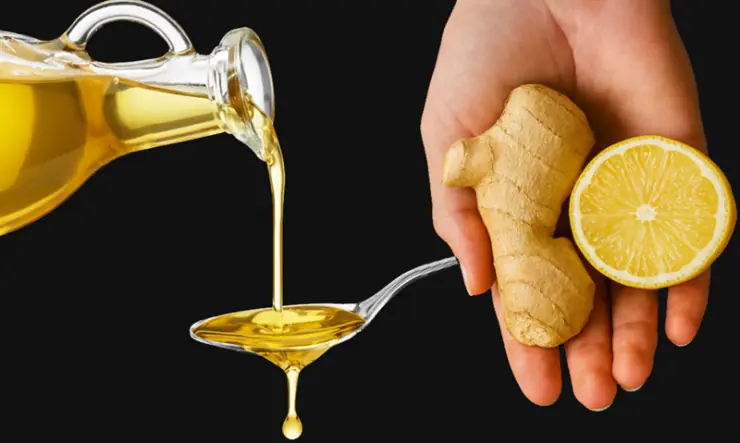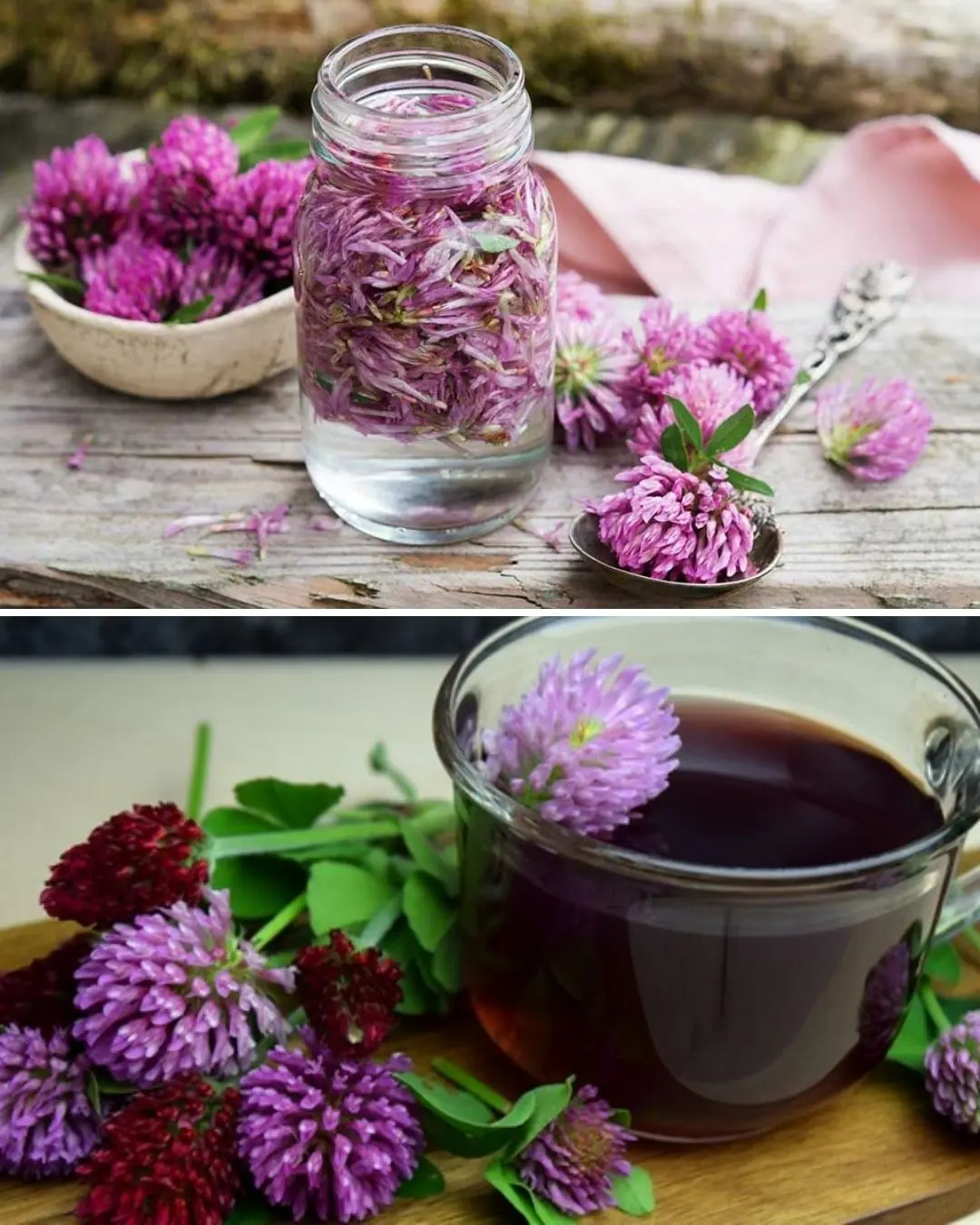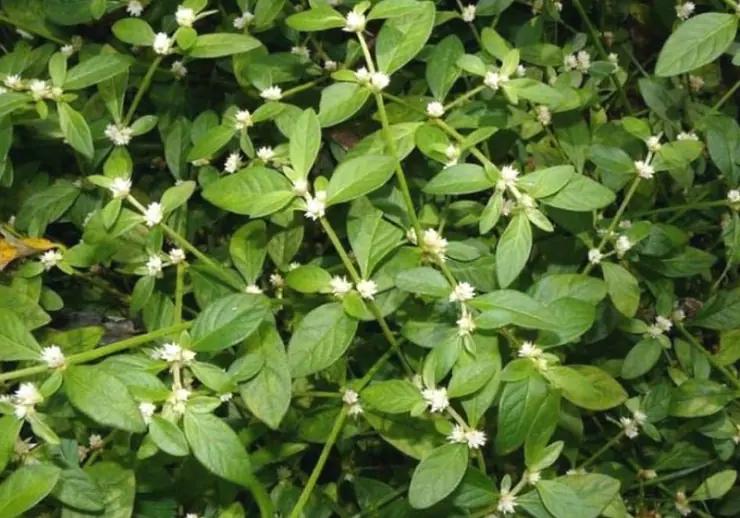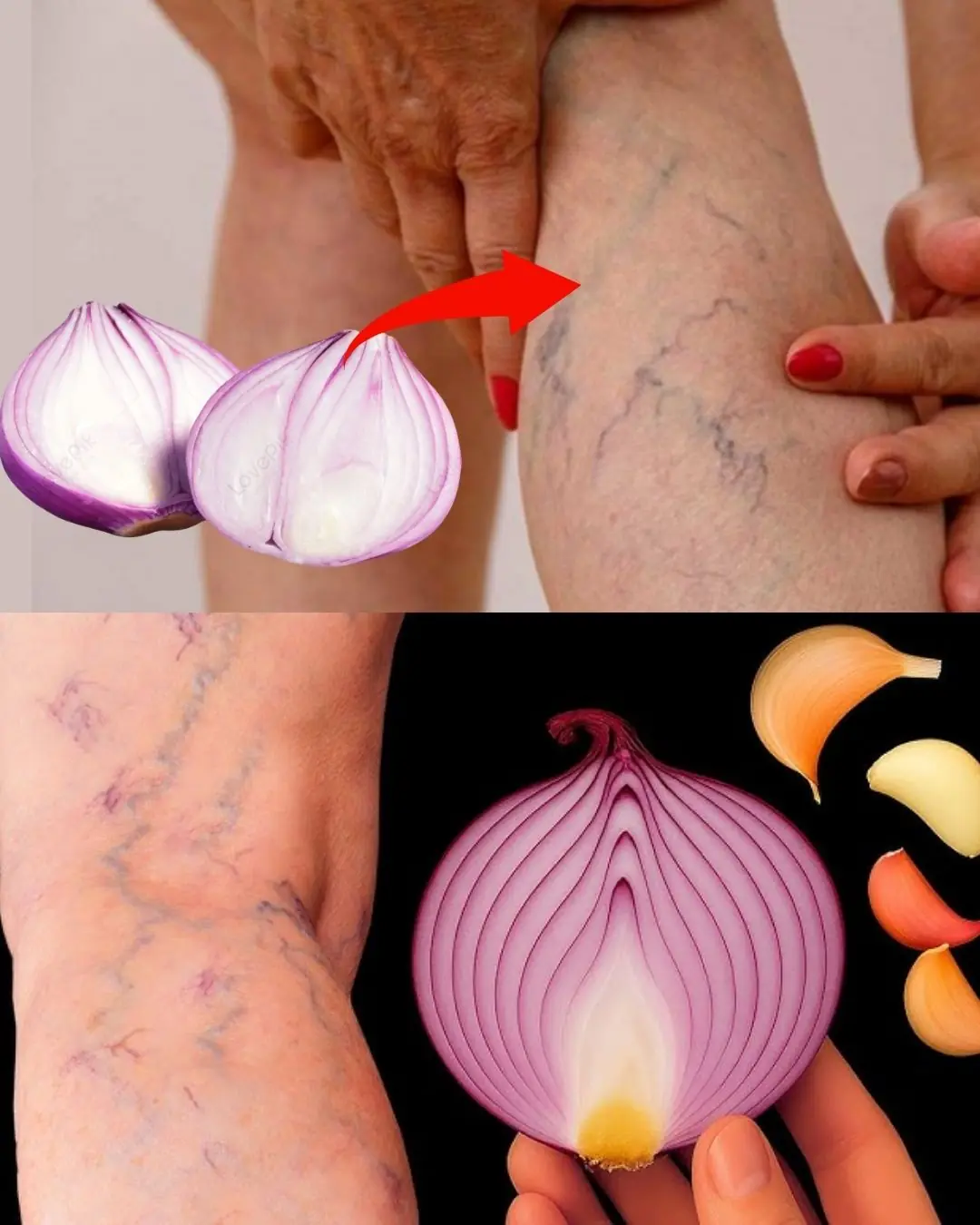Mimosa pudica, commonly known as the "sensitive plant," "touch-me-not," or "shy plant," is widely recognized for its remarkable ability to fold its leaves inward when touched. Beyond this fascinating characteristic, Mimosa pudica has a long history of use in traditional medicine across different cultures. The various parts of the plant, including the leaves, stems, and roots, have been used for their therapeutic properties, making it a popular choice for herbal remedies. Recently, Mimosa pudica tea has gained attention for its potential health benefits and uses. Below, we explore how this tea is prepared, its possible benefits, and considerations for safe use.
Potential Health Benefits of Mimosa Pudica Tea
1. Digestive Support
Mimosa pudica has traditionally been used to alleviate digestive discomfort.
Some people claim that it can help reduce symptoms of diarrhea and mild gastrointestinal irritation.
The plant contains compounds such as tannins and flavonoids, which may provide an astringent effect on the digestive tract, helping to tighten tissues and reduce inflammation.
How to Use:
-
Mimosa Pudica Tea: Drinking the tea in moderation may help soothe mild digestive issues such as bloating and mild diarrhea.
2. Antimicrobial and Antiparasitic Properties
Research suggests that extracts from Mimosa pudica may exhibit antimicrobial activity against certain harmful bacteria.
In traditional medicine, it has been used as a remedy for intestinal parasites. However, scientific evidence supporting this use is still limited.
How to Use:
-
Tea or Herbal Capsule: Mimosa pudica tea may offer support for digestive health, and some supplement brands offer the plant in capsule form for parasite cleansing.
3. Anti-Inflammatory Potential
In folk medicine, Mimosa pudica has been used for its anti-inflammatory effects.
Topical applications, such as poultices, have been traditionally applied to minor wounds and skin irritations. The tea is believed to potentially assist with internal inflammation as well, although more research is needed to confirm these claims.
How to Use:
-
Tea or Topical Application: You can drink Mimosa pudica tea to help with mild internal inflammation or apply it topically as a wash for skin irritations.
4. Wound Healing and Skin Health
Mimosa pudica has been used in traditional practices for treating minor cuts, rashes, and wounds.
Topical preparations such as pastes or poultices made from the plant's leaves or roots are applied to these issues, promoting skin repair.
How to Use:
-
Poultice or Tea Wash: Crushed leaves or cooled tea can be applied to cuts, rashes, or irritated skin.
5. Calming and Relaxation
Some traditional sources suggest that Mimosa pudica has mild sedative properties, which could be useful for relieving anxiety or promoting relaxation.
Modern scientific evidence on this calming effect is limited, but anecdotal reports suggest that the plant might help with easing occasional stress or insomnia.
How to Use:
-
Tea for Relaxation: Drinking Mimosa pudica tea before bed may help promote relaxation and ease anxiety.
How to Prepare Mimosa Pudica Tea
Sourcing the Plant
-
Always use organically grown Mimosa pudica to avoid exposure to pesticides and contaminants.
-
If you do not grow it at home, seek a reputable herbal supplier who guarantees high-quality, pure plant material.
Drying the Plant
-
Harvest the leaves (and optionally the tender stems), rinse them gently to remove dirt, and air-dry them in a warm, shaded area with good airflow until they are crisp and easily crumbled.
Brewing Instructions
-
Ingredients: Approximately 1 teaspoon of dried Mimosa pudica leaves per 1 cup of water.
-
Steps:
-
Boil fresh, filtered water.
-
Pour the hot water over the dried leaves in a teapot or cup.
-
Cover and let the leaves steep for 5–10 minutes.
-
Strain and serve. Optionally, add honey or lemon to taste.
-
Flavor Profile
Mimosa pudica tea has a mild, slightly earthy or herbal taste. You can adjust the steeping time or the amount of leaves based on your personal taste preferences.
Precautions and Safety Considerations
Lack of Extensive Research
Although Mimosa pudica has been used in traditional medicine for centuries, large-scale scientific studies on its effectiveness and safety are still limited. Therefore, its health benefits and efficacy for specific conditions are not fully confirmed by clinical trials.
Possible Side Effects
-
Some individuals may experience gastrointestinal discomfort or allergic reactions after using Mimosa pudica.
-
If any adverse effects, such as nausea, itching, or rash, occur, discontinue use and consult a healthcare professional.
Pregnancy and Breastfeeding
-
Due to limited research on its safety, pregnant or breastfeeding women should avoid Mimosa pudica tea unless advised otherwise by a qualified healthcare provider.
Medication Interactions
-
If you are taking prescription medications or have any underlying health conditions, it’s important to speak with a healthcare professional before using Mimosa pudica in any form to ensure there are no interactions with your current treatment plan.
Quality Control
-
Ensure that the plant material is correctly identified and sourced to avoid confusion with other plant species, which can pose health risks if consumed improperly.
Uses Beyond Tea
Topical Applications:
-
Mimosa pudica can be used as a paste or poultice for treating minor skin issues such as cuts, rashes, or insect bites. These applications are rooted in traditional remedies.
Herbal Capsules:
-
Some brands offer Mimosa pudica in capsule form, marketed for digestive health and parasite cleansing.
Garden and Ornamental:
-
In addition to its medicinal uses, Mimosa pudica is grown as an ornamental plant in gardens, thanks to its unique leaf movements, which make it a fascinating addition to any collection.
Conclusion
Mimosa pudica tea is a fascinating herbal infusion, steeped in centuries of traditional medicinal use. While modern science is beginning to explore its potential—from antimicrobial effects to calming properties—more research is necessary to fully understand its therapeutic benefits. If you decide to try Mimosa pudica tea:
-
Source the plant responsibly, ensuring it’s properly identified and free from contaminants.
-
Start with small amounts to assess your tolerance.
-
Always consult a healthcare professional before using Mimosa pudica tea or any herbal remedy, especially if you have existing health concerns or are on medication.
By doing so, you can safely explore the potential benefits of this unique plant.
